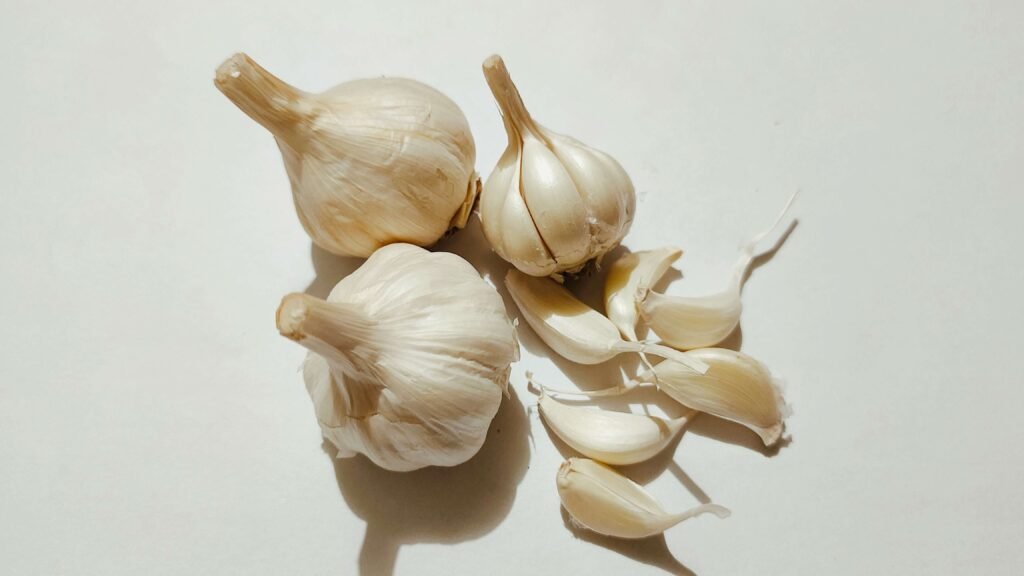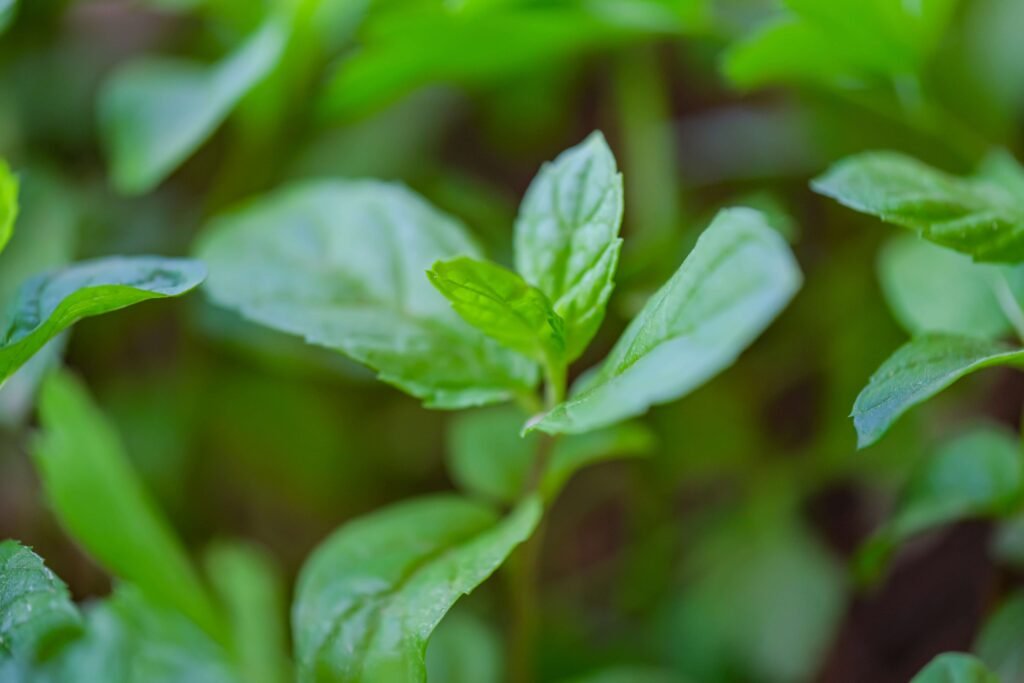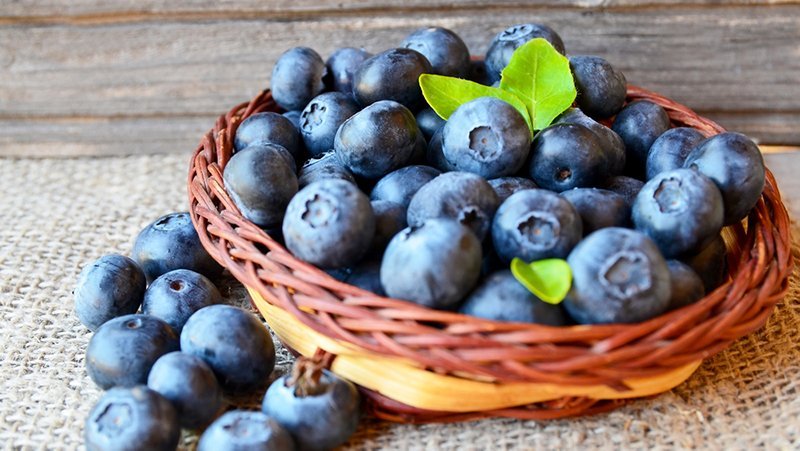Achoo! 🤧 If you’re one of the millions struggling with hay fever, you’re not alone. Did you know that 10-30% of adults worldwide suffer from this pesky allergic reaction too? But here’s some good news, today, we’re diving into the best herbal remedies for hayfever. Get ready to say goodbye to those itchy eyes and runny noses.
Table of Contents
The Best 7 Natural Remedies for Hay Fever
1. Ginger

Ginger’s Natural Antihistamine and Anti-inflammatory Effects
According to a study published in the Journal of Nutritional Biochemistry, ginger packs a one-two punch with its anti-inflammatory and antihistamine properties. It’s like having a tiny bouncer in your body, kicking out those pesky inflammation-causing compounds, offering another way to relieve hay fever symptoms. Ginger tells your immune system to chill out on histamine production, potentially reducing those annoying sneezes and sniffles.
Incorporating Ginger into Your Diet
The Cleveland Clinic suggests grating fresh ginger into your morning smoothie for an immunity boost. Feeling adventurous? Why not try new natural hay fever treatments to see what works best for you? Try a nasal spray or other natural medicines to combat pollen. Whip up a ginger-garlic stir-fry or add some zing to your salad dressing with grated ginger. For a quick fix and to reduce symptoms, try candied ginger as a snack (but go easy on the sugar, folks!). And let’s not forget the classic – a warm cup of ginger tea, a great remedy for rhinitis and other symptoms associated with hay fever.
Ginger Herbal Teas and Supplements for Allergy Season
According to the University of Rochester Medical Center, brewing up some ginger tea is as easy as steeping fresh ginger slices in hot water for 10-15 minutes. Bam! Instant allergy fighter. Not a tea fan? No worries! Ginger supplements come in capsules, powders, and even gummies. The National Center for Complementary and Integrative Health suggests adults can safely consume up to 4 grams of ginger daily to relieve hay fever symptoms. But remember, more isn’t always merrier – stick to the recommended dosage.
2. Butterbur

How Butterbur works to help ease hayfever symptoms
Well, butterbur contains petasins – compounds that are the plant world’s version of a chill pill for your immune system, especially useful during hay fever season to treat hay fever. These petasins tell your body to pump the brakes on producing histamines, those troublemaking chemicals that make you sneeze, sniffle, and itch from allergens. A study highlighted by the National Center for Complementary and Integrative Health found that butterbur can be just as effective as over-the-counter antihistamines for treating symptoms of hay fever.
Recommended dosage and forms
Mount Sinai’s experts say butterbur extract capsules are your go-to, but make sure they’re “PA-free” to dodge liver troubles. University of Michigan Health suggests adults take 50-75 mg twice daily with meals for hay fever relief. But heads up! Nasal symptoms of hay fever may need more attention. Pregnant, nursing or liver-troubled folks should skip this herbal superhero. Always chat with your doctor first. Remember, even nature’s cures need a careful approach.
Potential side effects and precautions
This allergy-fighting herb can cause headaches, itchy eyes, or tummy troubles, though it can still be an effective way to treat hay fever. The big no-no? Raw butterbur’s PAs can harm your liver, so stick to PA-free products. Allergic to daisies or ragweed? Butterbur might not be your buddy. Pregnant or nursing? Skip it. Remember, natural medicine doesn’t mean risk-free. Always chat with your doctor first. Let’s beat hay fever safely!
3. Stinging Nettle

Anti-inflammatory Properties:
Stinging nettle isn’t just a pesky weed – it’s a hay fever hero in disguise! 🦸♂️🌿 According to the University of Maryland Medical Center, this prickly plant packs a powerful anti-inflammatory punch. It’s like nature’s own antihistamine, potentially reducing those annoying symptoms like sneezing and itching, making it one of the natural hay fever remedies. How? Explore different home remedies and natural hay fever treatments to find what suits you best. Well, studies suggest that nettle can block the body’s production of histamine – you know, that troublemaker responsible for your runny nose and watery eyes, making it a useful remedy for allergic rhinitis. It’s as if nettle tells your immune system, “Hey, cool it with the overreaction, will ya?” So next time you’re tempted to curse that stinging plant, remember: it might just be your ticket to breathing easier during allergy season!
Consuming Stinging Nettle for Hay Fever Relief:
The National Center for Complementary and Integrative Health suggests that nettle can be enjoyed as tea, taken as capsules, or even eaten (when cooked, of course – no one wants a stinging tongue!). For a soothing nettle tea, steep dried leaves in hot water for about 10 minutes. Ahh, can you feel the relief already? If you’re not a tea fan, no worries! Nettle capsules are widely available. Some brave souls even add cooked nettle to soups or stir-fries – talk about eating your medicine! Remember, though, moderation is key. Start with small amounts and see how your body reacts. Who knew that pesky plants could be so versatile in the fight against hay fever?
Synergistic Effects:
The American Academy of Allergy, Asthma & Immunology notes that combining natural remedies can sometimes pack a more powerful punch. Try pairing your nettle tea with a dose of vitamin C for an extra immune boost. Or, consider a one-two combo of nettle and quercetin supplements – they’re like the dynamic duo of the allergy-fighting world! Some folks even mix nettle with butterbur or peppermint for a multi-pronged approach to sinus relief. Just remember, before you go all mad scientist with your herbal concoctions, it’s always wise to chat with your healthcare provider.
4. Garlic

Garlic’s Natural Antihistamine Properties: A Potent Ally Against HayFever Symptoms
According to a study published in the Journal of Nutrition, garlic contains quercetin that can help reduce those pesky allergy symptoms. It’s like having a tiny, pungent army fighting histamines in your body, providing another option to relieve hay fever symptoms. The National Center for Complementary and Integrative Health notes that garlic may help decrease inflammation in the nasal passages, potentially offering relief from that stuffy, runny nose. So, next time you’re sneezing up a storm, remember: garlic might just be your smelly superhero!
Spicing Up Your Diet: Incorporating Garlic to Combat Allergic Reactions
The Cleveland Clinic suggests adding fresh garlic to your dishes for maximum benefit. Crush a clove into your salad dressing, sauté it with vegetables, or roast whole bulbs for a mellow, spreadable treat, and enjoy this among other home remedies to combat congestion. For the brave, try a spoonful of minced garlic mixed with honey. Not a fan of raw garlic? No problem! Garlic powder or garlic-infused oils can still offer benefits. Just remember, cooking garlic can reduce its potency, so try to add it near the end of cooking when possible.
Garlic Supplements:
Not everyone’s ready to embrace the garlic-breath lifestyle, and that’s okay! Garlic supplements offer a convenient, odor-free way to potentially tackle those seasonal allergies. The University of Maryland Medical Center notes that garlic supplements come in various forms – capsules, tablets, and even odorless varieties. Typically, a dose ranges from 600 to 1,200 mg per day, divided into multiple doses. But hold your horses! Before you start popping garlic pills, have a chat with your doctor. Garlic can interact with certain medications, especially blood thinners. And remember, while garlic supplements might help, they’re not a substitute for prescribed allergy medicine.
5. Peppermint

Peppermint’s Decongestant Properties: A Natural Remedy for Sinus Irritation
According to the University of Maryland Medical Center, peppermint contains menthol, a natural decongestant that can help clear nasal passages. It’s like a cool breeze sweeping through your sinuses! Studies suggest that peppermint may also have mild antihistamine properties, potentially reducing those pesky hay fever symptoms. So, next time you’re feeling stuffed up, remember: a little peppermint might just help you breathe easy!
Inhale Relief: Using Peppermint Essential Oil for Allergy Symptom Management
The National Association for Holistic Aromatherapy suggests that inhaling peppermint essential oil can provide quick relief for congested nasal passages. Add a few drops to a diffuser, or try the steam inhalation method: add 3-7 drops to a bowl of hot water, drape a towel over your head, and breathe deeply for 5-10 minutes. It’s like a mini spa treatment for your sinuses! Just remember, essential oils are potent – always dilute properly and do a patch test first.
Sipping Serenity: Peppermint Tea Recipes to Soothe Seasonal Allergies
The American Academy of Allergy, Asthma & Immunology notes that the steam from hot tea can help soothe irritated nasal passages. For a simple peppermint tea, steep fresh or dried peppermint leaves in hot water for 5-10 minutes. Want to amp up the allergy-fighting power? Try a blend with nettle or chamomile. For an iced version, brew your tea strong, let it cool, and serve over ice. Sip your way to clearer breathing!
6. Quercetin

Mast Cell Stabilization: How Quercetin Battles Hay Fever Symptoms
According to a study in the journal Molecules, quercetin can stabilize mast cells, potentially reducing the release of histamine – you know, that troublemaker behind your sneezing and itching. It’s as if quercetin is saying, “Hey, immune system, let’s not overreact to that harmless pollen, okay?” This natural antihistamine effect might just be your ticket to easier breathing.
Nature’s Quercetin Buffet:
The Cleveland Clinic reports that quercetin is found in many fruits and veggies. Apples, berries, and citrus fruits are great sources of quercetin, as well as veggies like onions, broccoli, and leafy greens. By incorporating these foods into your diet, you’re giving your body a natural boost against those pesky hay fever symptoms.
Quercetin Supplements: Dosage Recommendations for Hay Fever Relief
If you can’t get enough quercetin from food alone, supplements might be your answer. The University of Michigan Health System suggests that a typical dose is 400-600 mg per day, taken in divided doses before meals, as one of the home remedies to relieve hay fever. But hold your horses! Before you start popping quercetin pills, chat with your doctor. While generally safe, quercetin can interact with certain medications. Make sure to check if it’s suitable for you if you use it to treat hay fever. And remember, more isn’t always better – stick to recommended doses !!!
7. Eyebright: Soothing Relief for Itchy, Irritated Eyes

Traditional Uses of Eyebright:
According to the University of Michigan Health System, traditional herbalists have long used eyebright to soothe irritated and itchy eyes. It’s like nature’s own eyedrops! Some studies suggest that eyebright’s anti-inflammatory properties might help reduce redness and swelling.
Brewing Relief: How to Prepare Eyebright Tea or Compress for Allergic Eye Irritation
Time to put eyebright to work! 🍵 The American Botanical Council suggests two main ways to use eyebright for eye relief. First up: eyebright tea. Steep 1-2 teaspoons of dried herb in hot water for 10-15 minutes, strain, and let cool. Use it as an eye wash or drink it for potential internal benefits. For a soothing compress, soak a clean cloth in cooled eyebright tea and place it over closed eyes for 10-15 minutes. Remember, always use sterile equipment when dealing with your eyes, and if symptoms persist, consult an eye doctor.
Herbal Synergy
The journal Planta Medica suggests that eyebright pairs well with anti-inflammatory herbs like chamomile or calendula. Try an eyebright and chamomile tea blend for a double dose of eye-soothing power. Some folks even mix eyebright with nettle or quercetin. But remember, before you go all mad scientist with your herbal combos, it’s always wise to consult a healthcare professional. Your eyes are precious, after all!
Conclusion
There you have it, fellow hay fever warriors! These 7 herbal remedies offer a natural and potentially effective way to combat those pesky symptoms. Remember, everyone’s body is different, so what works for one person might not work for another, especially when experimenting with home remedies for allergic rhinitis. Don’t be afraid to experiment (safely, of course!) to find your perfect herbal hay fever solution. With these natural allies by your side, you can look forward to enjoying the great outdoors without dreading the sneeze fest. So go ahead, stop and smell the roses – your nose will thank you!

